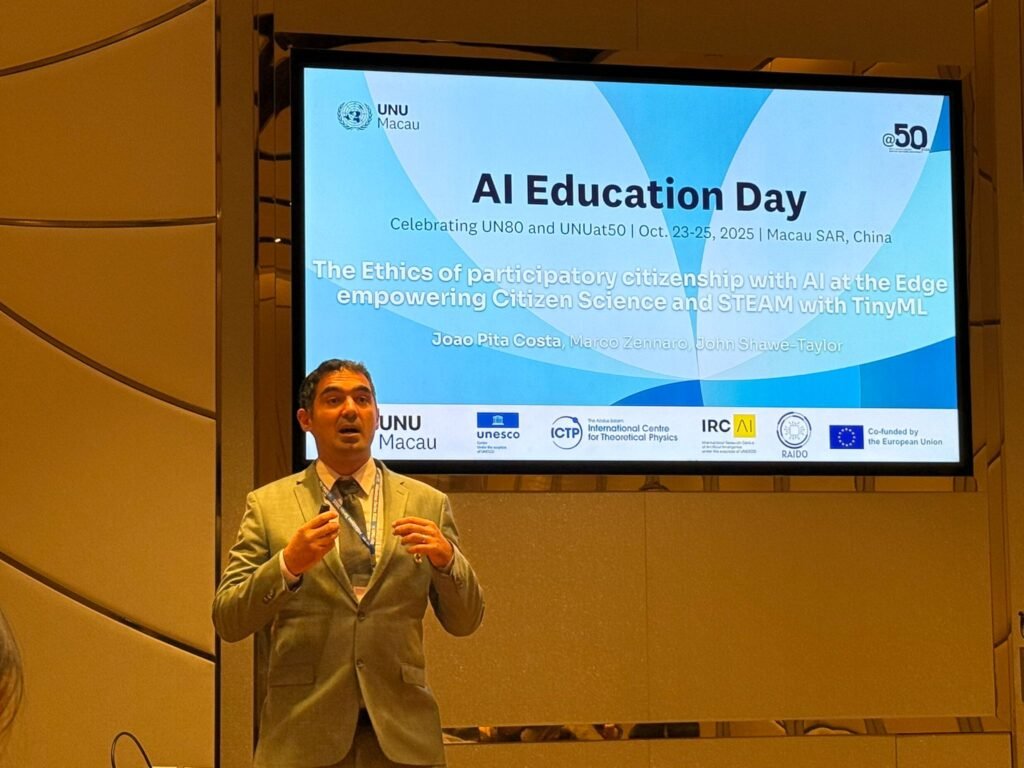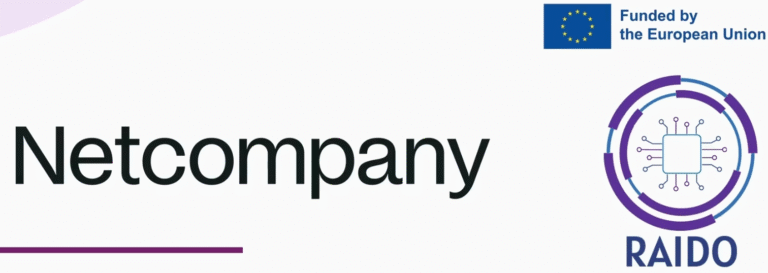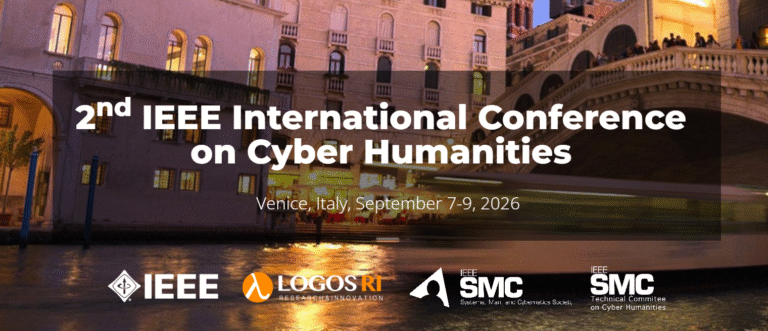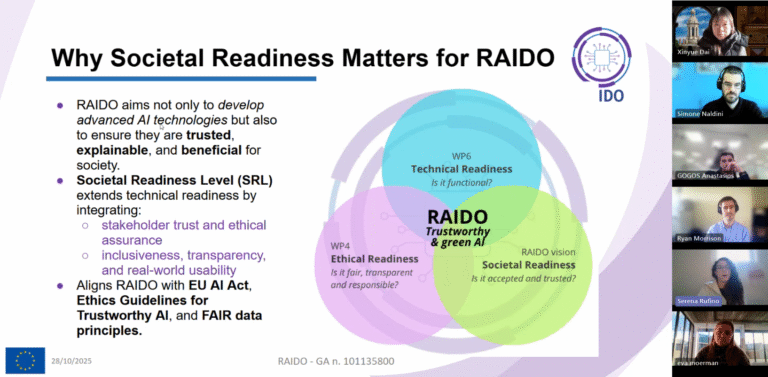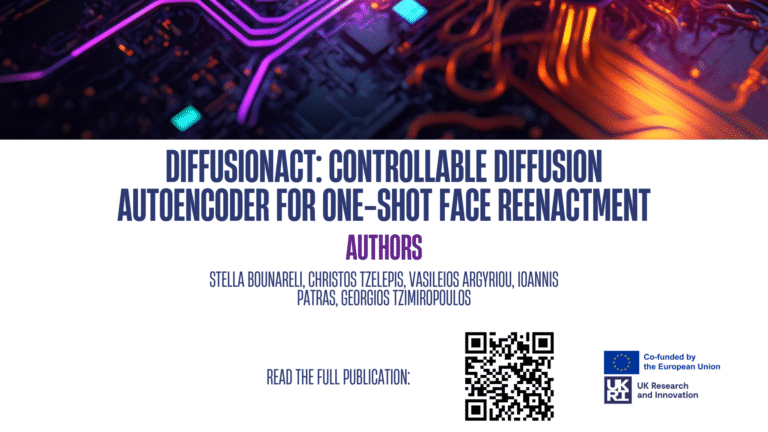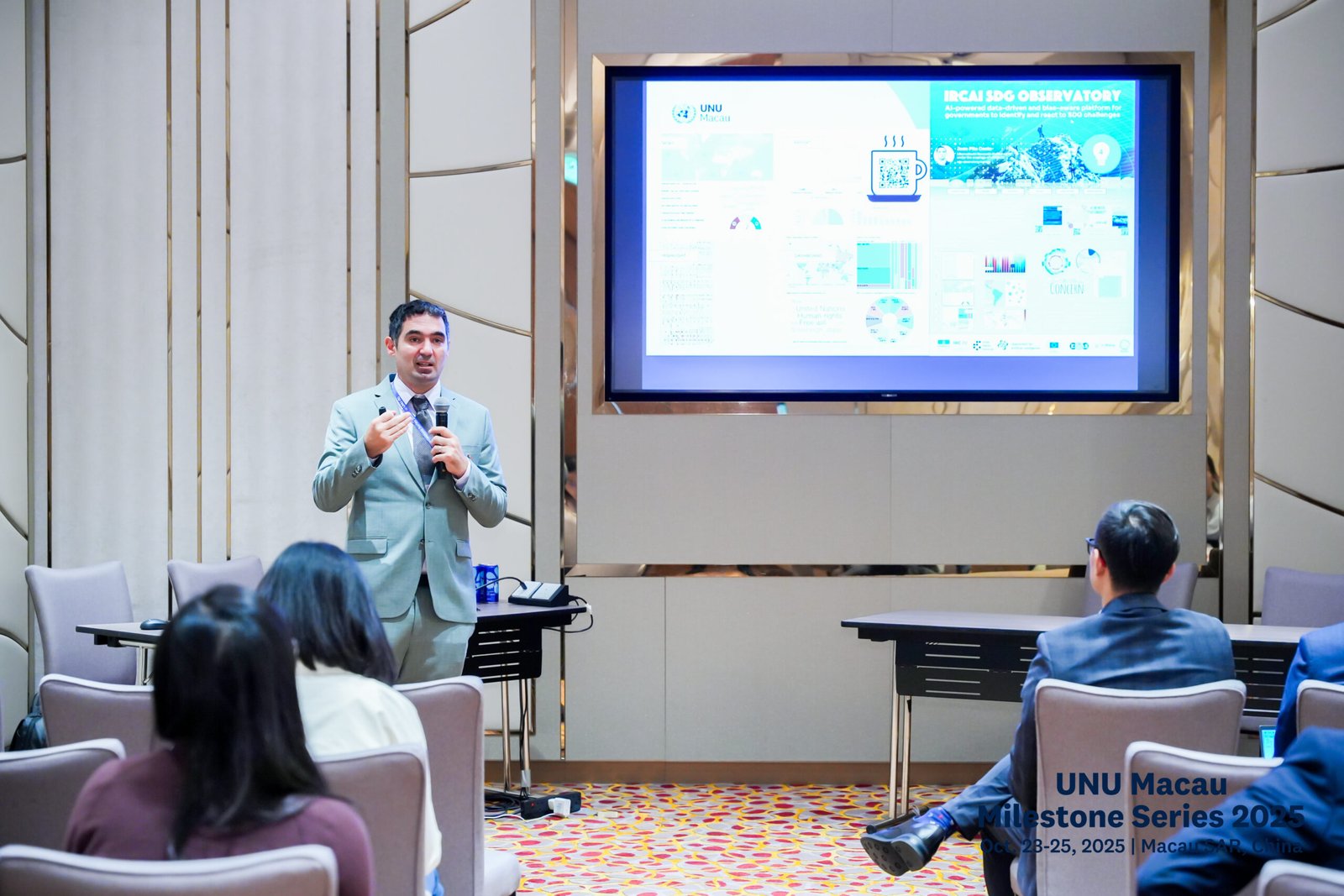
Between October 23-25, 2025, the RAIDO project’s mission was showcased at the prestigious AI Summit of the UN University of Macau through IRCAI’s participation. This event was part of a relevant series of engagements with key international partners, including UNESCO, ITU and IRCAI, focused on the critical fields of Edge AI and TinyML.
A presentation highlighted the project’s latest work, building on the momentum from the TinyML workshop in Malawi held earlier this year.
🎤 Our Presentation at the UNU AI Summit
The talk “The Ethics of participatory citizenship with AI at the Edge empowering Citizen Science and STEAM with TinyML” was presented by IRCAI and focused on our approach to aligning advanced, energy-aware computing with the practical needs of sustainable development (full presentation here).

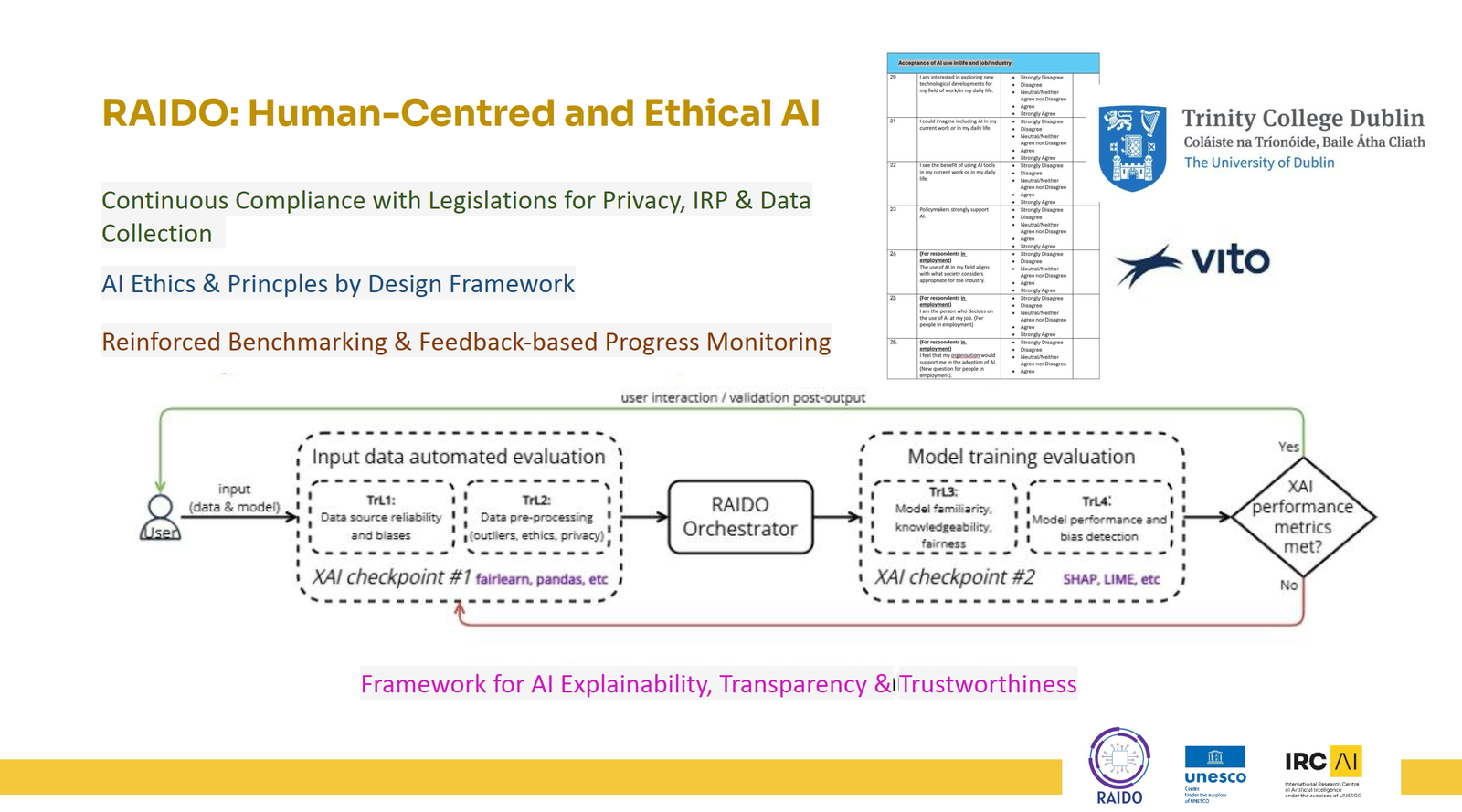
🌍 Broader Engagements with UNESCO, ITU and IRCAI
Following the main summit, our team participated in two other high-impact sessions that reinforce RAIDO’s commitment to building a sustainable AI ecosystem.
1. Panel Discussion: “Beyond the Hype: Measuring AI’s Environmental Cost and Charting a Sustainable Path” (Oct 24) [link]
- Partners: UNESCO ICTP, ITU AI4Good and IRCAI
- Focus: This critical panel addressed the urgent need to measure and manage AI’s environmental impact. As energy-intensive models grow, experts from industry, academia, and policy discussed the gaps in current metrics for energy use and carbon emissions. The session aimed to advance actionable strategies to align AI innovation with sustainability, a goal at the very heart of the RAIDO project’s “resource-efficient” and “energy-aware” principles.
2. Workshop: ICTP-UNU Workshop on TinyML (Oct 25-26) [link]
- Partners: ICTP, UNU and IRCAI
- Focus: This innovative, hands-on workshop brought together students, researchers, and professionals to explore practical applications of Generative AI at the Edge. The program emphasized hardware-software integration for resource-constrained devices, demonstrating how TinyML can unlock sustainable solutions in smart farming, local healthcare, and offline education. This practical work is essential for operationalizing the very goals RAIDO is designed to achieve.
